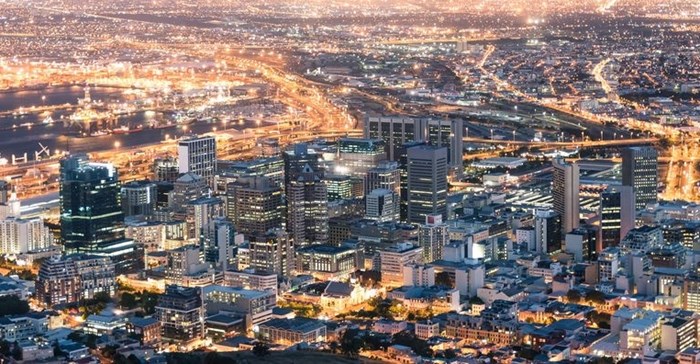
Top stories






More news


Marketing & Media
Ads are coming to AI. Does that really have to be such a bad thing?














Published for four years now by the CCID, The State of Cape Town Central City Report 2015 details more than R8 billion of new investment to be made into South Africa’s oldest downtown within the next five years and provides analysis on the major sectors that are influencing growth in the CBD, from the rollout of accessible and affordable broadband in a pilot project being championed by the City of Cape Town, to the CBD’s ever-increasing night-time economy and tourism sector desirability.
According to Rob Kane, CCID chairman, the lion’s share of the most recent investment announcements – amounting to more than R1.6 billion – has been devoted to the development of three new hotels in the CBD.
Says Kane: “Signatura and the Stonehill Property Fund are spending R1 billion on the redevelopment of Triangle House, which is to become the Radisson Blu Hotel & Residences scheduled to open in December this year, and Tsogo Sun a further R680 million on a SunSquare and a StayEasy hotel.
“The Radisson Blu Hotel will add more than 200 five-star hotel rooms to the Central City. The location is approximately 500m away from the Cape Town International Convention Centre (CTICC), which itself is currently being doubled in size at an investment of R832 million to meet the demand for world-class conference and exhibition space in Cape Town.”
The new SunSquare and StayEasy hotels are both being constructed at the intersection of Strand and Bree streets, less than 1km away from the CTICC and just a block away from the Fan Walk that runs through the CBD connecting it to Cape Town Stadium and Green Point Urban Park. Their combined total room count will be 500.
CCID communications manager and author of the 2015 Report, Carola Koblitz, says: “Both the business and leisure tourism sector in the CBD is doing extremely well, driven by several key factors. Visitors primarily want to be in a safe, central location that is well serviced by a diverse leisure and retail mix with some of the city’s finest restaurants and bars in walking distance. According to the various media reports that have been appearing over the past year, Bree Street is now becoming known as Cape Town’s new “foodie capital” and it is therefore a major visitor drawcard.
“The CBD also has the best transport links in Cape Town and is just minutes away from Table Mountain, the V&A Waterfront and the beaches of the Atlantic Seaboard; all extremely attractive features to leisure tourists.
“Business tourists, in turn, want to stay close to where they’re working and the CBD is the most concentrated business centre in Cape Town, accounting for more than 25% of the metropole’s economy and 30% of its workforce. This market segment includes MICE (meetings, incentives, conference and exhibition) visitors to the city, and to this end the CTICC alone saw more than 550,00 people pass through its doors in 2015.”
According to Cape Town Tourism’s monthly Accommodation Performance Review and Forecast Report, the average 2015 per person room rate in the CBD was R1,714, compared to a city-wide average of R1,360. RevPar in the CBD for the year averaged R1,086, compared to R866 for Cape Town as a whole.
Kane concludes: “There are currently 4,600 hotel beds in the downtown area, with a conservatively estimated 700 more rooms to be added by the end of 2017, catering to an extremely wide market segment from budget to luxury accommodation.
“Almost exactly a year ago, Business Day quoted Tsogo Sun CEO, Marcel von Aulock, as saying the continued development and rejuvenation of Cape Town’s city centre would lead to growing demand for hotel accommodation, and the extremely encouraging investment data released in the latest The State of Cape Town Central City Report shows every indication that he is right.”